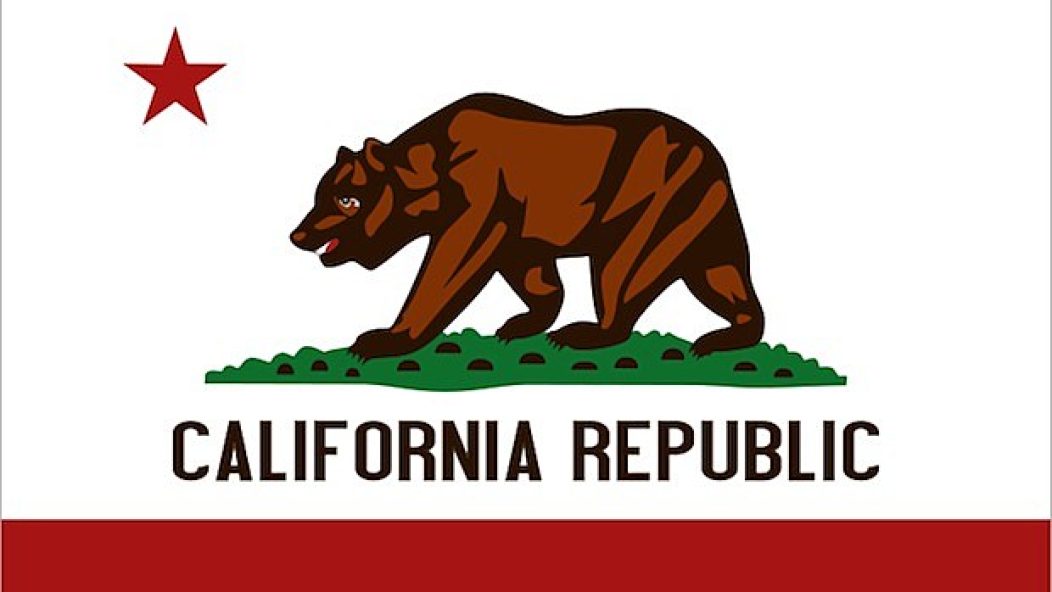
California becomes first state to enact ban on revenge porn; neglects to include selfies
California has become the first state to pass a bill specifically banning “revenge porn” – the act of posting nude photos or video for the explicit, malicious purpose of causing embarrassment or distress.
Authored by state Sen. Anthony Cannella and signed into law Tuesday by California Gov. Jerry Brown, Senate Bill 255, which amends Section 647 of the California Penal Code, immediately went into effect.
Though other states have enacted similar measures, notably New Jersey's invasion of privacy law, banning nonconsensual filming of nude or sexual acts, Bill 255 is the first to include language specifically pertaining the the relatively recent phenomenon of revenge porn.
Revenge porn, a concept popularized in recent years, and correlated with an increase in sexting (the exchange of sexually explicit messages and media through digital means), is the act of posting nude photographs or video, typically of an ex-girlfriend or spouse, online with malicious intent. Several websites have popped up to host and facilitate this behavior, most notably Is Anyone Up?, a popular revenge porn site with ties to the music scene (even playing host to nude photos of popular musicians), which shut down in 2012. Though the site's founder, Hunter Moore, has since been subject to FBI investigations pertaining to hacking, websites and their operators are, in general, unable to be held liable for content uploaded by other individuals, under the Communications Decency Act of 1996.
Though California doesn't specifically use the term “revenge porn,” it outlines the crime in its new bill as:
“…any person who photographs or records by any means the image of the intimate body part or parts of another identifiable person, under circumstances where the parties agree or understand that the image shall remain private, and the person subsequently distributes the image taken, with the intent to cause serious emotional distress, and the depicted person suffers serious emotional distress, is guilty of disorderly conduct and subject to that same punishment.”
The punishment in question is disorderly conduct, a misdemeanor which carries up to six months in jail and/or a fine of up to $1,000 for a first offense. Subsequent offenses, or offenses involving minors, can carry a jail sentence of up to a year, and/or up to a fine of up to $2,000.
Though many outspoken advocates against revenge porn see this bill as a step in the right direction for legal reform to combat the issue, it has not escaped criticism.
With its current wording, and in a seemingly huge oversight, the bill applies only to photographs and videos taken and distributed by the offender, but not to those taken or sent by a victim. In many instances, nude selfies (photographs taken of oneself), sent out with reasonable expectation of privacy between two parties (the bill itself asserts “circumstances where the parties agree or understand that the image shall remain private”), are more often likely to be subject to revenge porn. Though discussion exists as to whether knowingly taking and digitally distributing suggestive photographs of oneself is an inherently risky endeavor, activists leading the charge against revenge porn, prominently Holly Jacobs of EndRevengePorn.org, dismisses that argument as a form of victim blaming.
Additionally, The American Civil Liberties Union have raised concerns over the bill's broad wording, including the ambiguity of the concept “emotional distress” and the potential impact on the public's right to free speech. Other states have raised similar concerns when faced with bills like this one. Florida lawmakers recently rejected a similar bill, citing free speech implications. Harvard Digital Media Law Project director Jeff Hermes also raised concerns over the restriction of speech which the public needs to know, regardless of the intent of the distributing party, pointing to the recent case of New York mayoral candidate Anthony Weiner.
What do you think of California's bill to ban revenge porn? Would you like to see other states or the federal government follow suit? Let us know in the comments!








